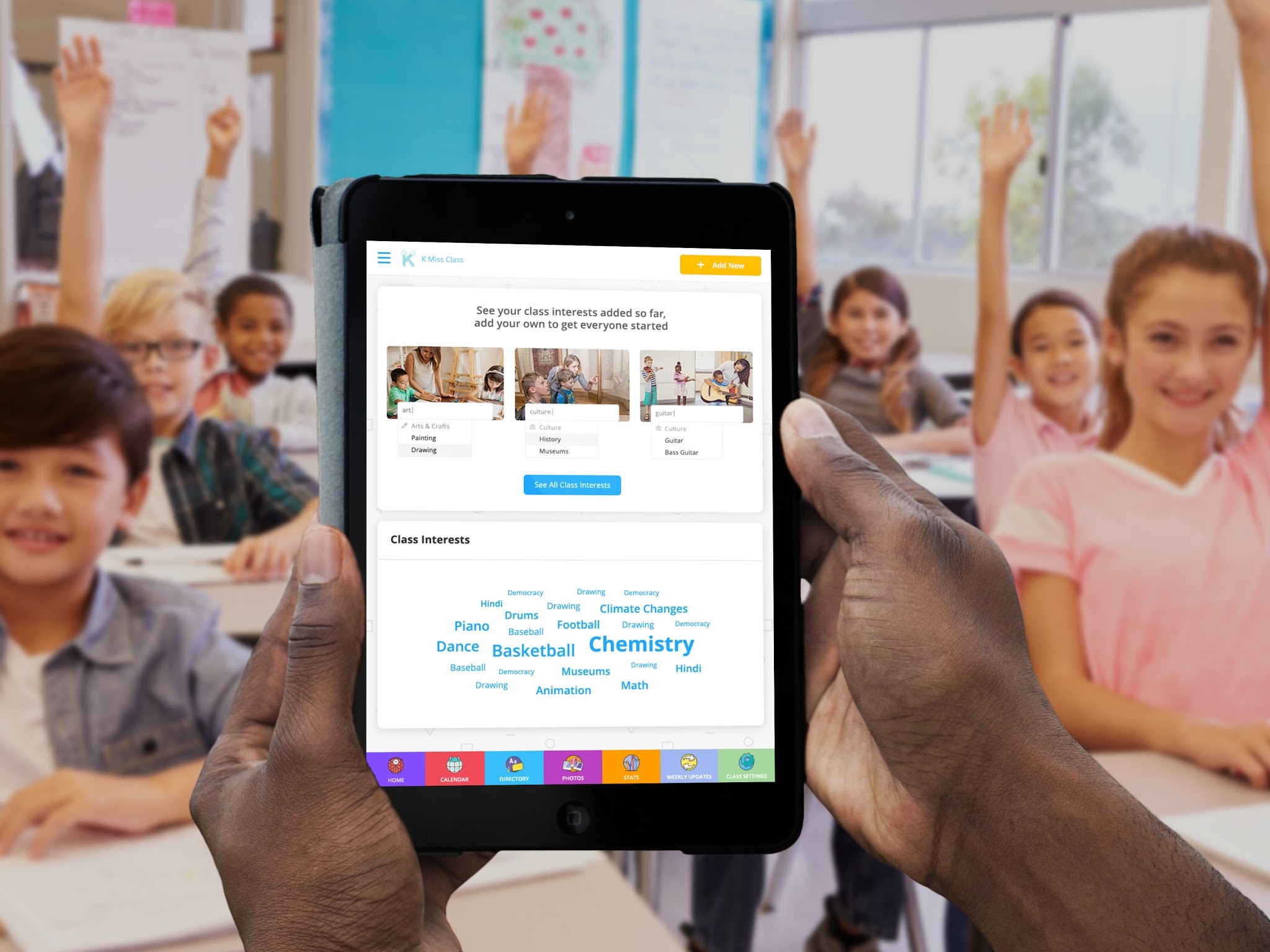How to motivate unmotivated students

**The Edvocate is pleased to publish guest posts as way to fuel important conversations surrounding P-20 education in America. The opinions contained within guest posts are those of the authors and do not necessarily reflect the official opinion of The Edvocate or Dr. Matthew Lynch.**
A guest post by Michael Linsin
You praise. You encourage. You pep-talk, demand, and implore.
But nothing seems to change.
Trying and failing to motivate unmotivated students is a common frustration among teachers.
It’s a frustration with seemingly no real answers beyond the same old, same old.
Until today.
Because I’m going to share with you a reliable way to begin improving the work habits of your most reluctant students, those with next to zero interest in their schoolwork.
It consists of a single, honest strategy you can feel good about using.
But first it’s important to note that when we talk about motivation, it’s common to think in terms of something we do to try and convince them to work harder.
In other words, it’s our external doing—our cheering, persuading, rebuking, exhorting, or coaxing—that kicks them into gear. It’s our direct action upon them that makes the difference.
But this approach rarely works with hard-to-reach students, which makes it all the more remarkable that this is exactly what you’ve been told to do.
It’s the stock recommendation from every counselor, administrator, or specialist you confer with. You’re told to praise, encourage, reward, and repeat, all day every day.
True motivation, however—that which is internal and sustaining—doesn’t develop through convincing. It isn’t about ramped-up enthusiasm or flattery. It isn’t about stiffer consequences. It isn’t even about motivation, per se.
It’s about inspiration.
It’s about a form of inspiration that comes from within the student—intrinsically rather than extrinsically. It’s about tapping into that bubbling, churning life-brew buried deep down inside.
The strategy I’d like to share with you has a way of slipping by well-fortified, heard-it-all defenses. It has a way of sneaking by the palace guards and climbing in through a window.
It has a way of activating the desire to succeed without trying to convince your students of anything. It’s remarkably and predictably effective, and yet all that is required of you is your honesty.
The first step is to stop the flow of excessive and over-the-top praise.
Stop pulling inert students aside for pep-talks and lectures. Stop talking them through what they’re capable of doing for themselves. Stop trying to use your creative use of words to get them going.
Counterintuitive as it may seem, this alone will get a great many unmotivated students moving. The idea of relying on themselves feels good, and they’ll give more, sometimes much more, than when you were pushing and prodding them along.
Keep notice of this, but say nothing for now.
In the meantime, you’re going to keep a lookout for evidence of quality work, no matter how small. You’re going to keep a lookout for that which impresses you based on their ability.
But instead of praising them for it, instead of saying how proud you are of them or how impressed you are with their effort, you’re going to make an observation about their work.
You’re going to give plain and honest feedback about the evidence you see on the page or screen.
“That’s good work.”
“That’s a well-written sentence.”
“That’s a clever idea.”
“That’s exactly right.”
“Your conclusion is spot on.”
Now, it’s important to note that it must be true. The least motivated in particular can recognize phoniness from a mile a way. Having been on the receiving end of so much it, they’ve become experts.
It’s equally important that you don’t use the same over-the-top voice and manner you may have used when praising them in the past. Just look down at their work, say your piece, and move on.
And when you do . . . when you turn and head down the aisle without looking back, their insides will begin to stir.
Beneath bowed head and downcast eyes, the faintest whisper of a smile will cross their lips. They may even suppress a giggle. Joyous and inexplicable.
They’ll have experienced the first rumblings of pride—not in themselves, mind you, not the selfish variety one feels in comparison to others, but pride in the work itself. Pride in excellence for excellence sake.
Pride in something bigger and more important than themselves.
Good work habits, attentiveness, production, etc. aren’t so much a matter of discipline that must be hammered into disinterested students. Nor are they the manufactured ballooning of the self through false praise.
Rather, they are the awakening and nurturing of delight in the work itself.
By truthfully pointing out quality when you see it, you spark their once dormant intrinsic motivational engine to life. You wake up the sleeping giant. You set down a single block from which you can build the pyramids at Giza.
When struggling to motivate students who have practically no interest in anything you place before them, instead of focusing on the person, focus on their work.
And the person will blossom.
Note: This isn’t a one-time strategy to get a particular student to finish a particular assignment. It’s a long-term approach that gradually draws reluctant students into the joy of creativity, the flow of concentrated effort, and the deep, soul-calming satisfaction that follows every job well done.
If you haven’t done so already, please join us. It’s free! Click here and begin receiving classroom management articles like this one in your email box every week.
This post originally appeared on smarclassroommanagement.com, and was republished with permission.
__________________________
Michael Linsin is the founder of Smart Classroom Management, the top classroom management blog in the world with more than 60,000 subscribers.He has taught every grade level from kindergarten to eighth grade over the past 24 years, and is the author of three bestselling books about classroom management. He holds teaching credentials in Elementary Education, English, and Physical Education.





